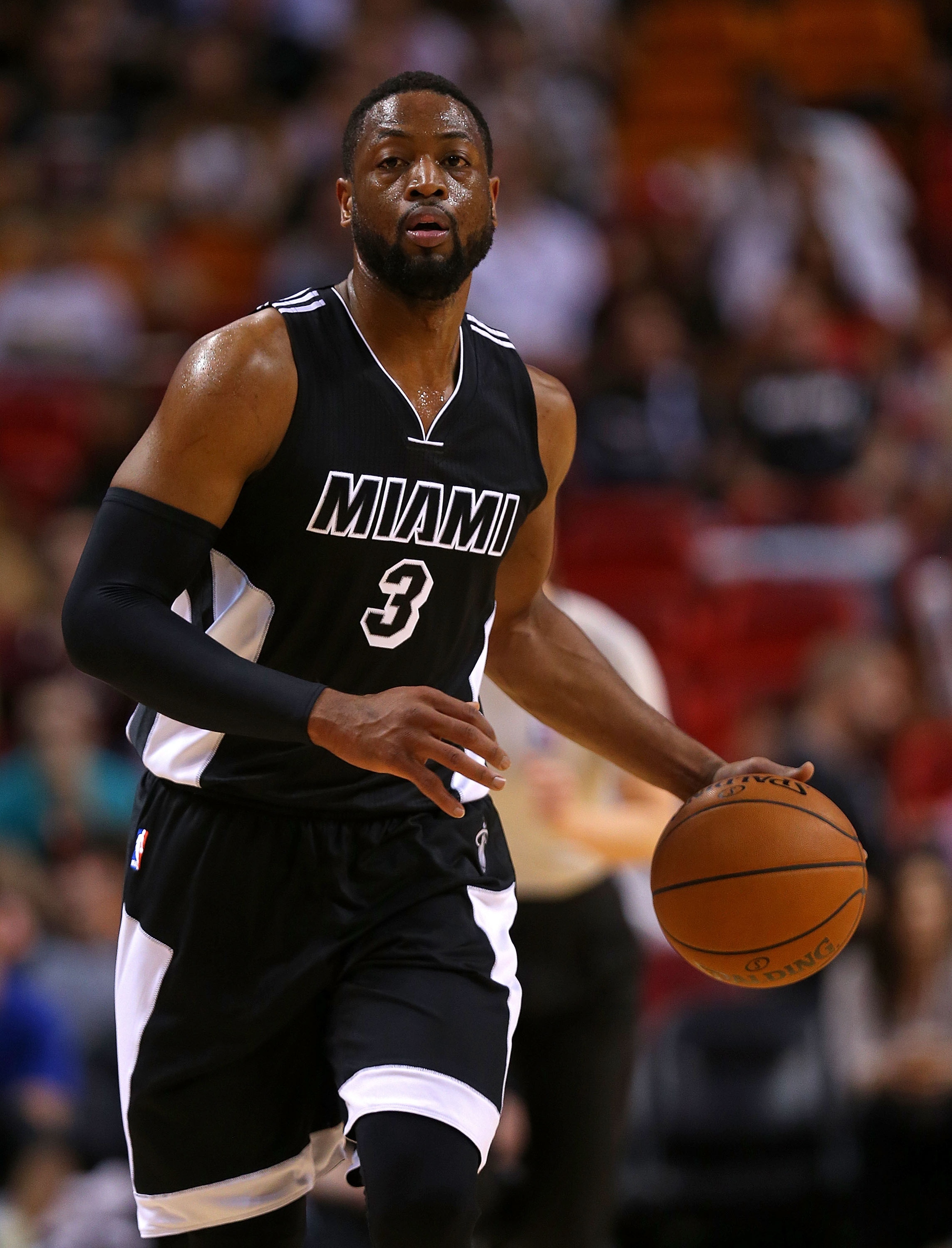NBA didn’t tell Miami Heat about its Cuba event before announcing it
The NBA made history this week by becoming the first American professional sports league to hold an official event in Cuba since President Obama announced the decision to normalize diplomatic relations with the country back in December. The league’s four-day camp, held April 23 through 26, will feature Steve Nash and Dikembe Mutombo and has been sold as an opportunity to use basketball as a means of creating cultural understanding, although the public relations boost from serving as the forefront of a mostly popular political decision likely has its benefits, as well.
[Follow Dunks Don’t Lie on Tumblr: The best slams from all of basketball]
That “mostly” matters, though, because the change in policy has been extremely unpopular with Cuban-Americans whose lives have been directly affected by the Castro regime. While that group represents a relatively small portion of the U.S. population, it holds a prominent place in several communities around the country, most clearly in Miami and the rest of South Florida. And the NBA just happens to have a team in Miami.
Given all that, it would seem likely that the NBA had at least notified the Miami Heat of their plans before announcing the events in Cuba. But a report from Greg Cote of the Miami Herald says that the franchise heard about it through the media just like everyone else:
Heat officials learned of the story via news reports, and were dumbfounded that the league would not have first spoken, at least as a courtesy, to the one franchise actually affected by any NBA/Cuba relationship.
Heat owner Micky Arison and club president Pat Riley declined a Miami Herald interview request Wednesday, but another team executive told us, “The NBA never consulted with us. This was undertaken unilaterally. The minute we found out we registered our vehement objection to the league office. Neither the Heat nor any personnel will be participating.” […]
There is logic to the NBA thinking Cuba is just another signpost in the growing of its global brand. There even is logic to the Heat, under different circumstances, perhaps desiring to grow its brand to the south — much as the Marlins and more recently the Dolphins have made efforts to expand their fan bases into the Caribbean and South America. It makes sense, if only geographically.
But is it worth it for the Heat to pursue business-side gains in Cuba if a sub-set of its fans – perhaps small, but likely vehement – would strongly object to the relationship?
Cote’s column goes too far in suggesting a Democratic plot between Obama and longtime party donors and NBA commissioners Adam Silver and David Stern, as well as the idea that the league should have stayed out of politics entirely to avoid a messy scenario for the Heat. While it’s true that this camp creates conflicts of interest for both the NBA and one of its more recognizable franchises, it would be poor form for the league to ignore political issues simply because they could alienate certain people. Plus, this particular case likely looks more controversial from Miami than it does from anywhere else — Cote cites several polls that indicate the popularity of Obama’s decision, and it’s a fair assumption that it would rate even higher among the predominantly urban and youthful NBA fan base.
Nevertheless, his article is very useful for pointing out the primary conflicts at play here, of which there are many. The most obvious is that the NBA made this decision without consulting the Heat, a poor move if only because the league theoretically exists to serve the member franchises first. The team has now been thrust into a situation in which it must balance its commitment to the NBA with the likelihood of alienating a large number of passionate fans. The Heat can choose to ignore the Cuba camp, but they’re also pretty clearly the NBA team most likely to benefit from a new fan base in the country. On top of all that, owner Micky Arison owns and runs Carnival Corporation, the world’s largest cruise line, and therefore stands to make a lot more money from more open travel from the United States to Cuba.
Opinions on the more intricate aspects of this relationship can and almost certainly will differ, but it’s shocking that the NBA wouldn’t warn the Heat of a coming conflict. If avoiding politics is irresponsible, then ignoring their relevance isn’t far enough. The league can’t tackle the heavy issues without being aware of the consequences for itself and its teams.
– – – – – – –
Eric Freeman is a writer for Ball Don’t Lie on Yahoo Sports. Have a tip? Email him at efreeman_ysports@yahoo.com or follow him on Twitter!
